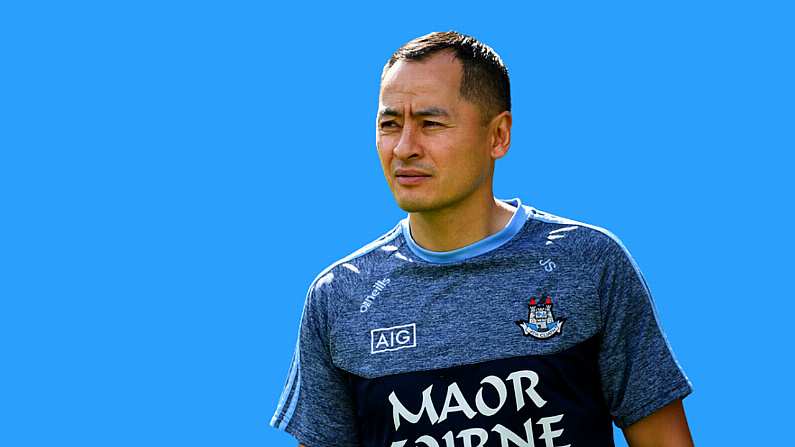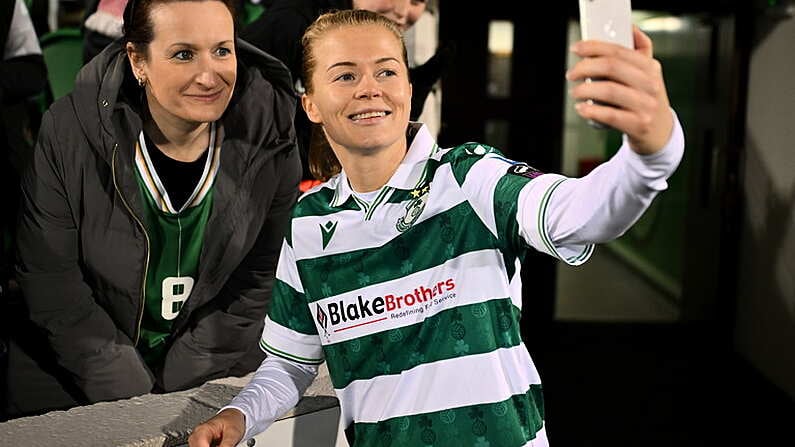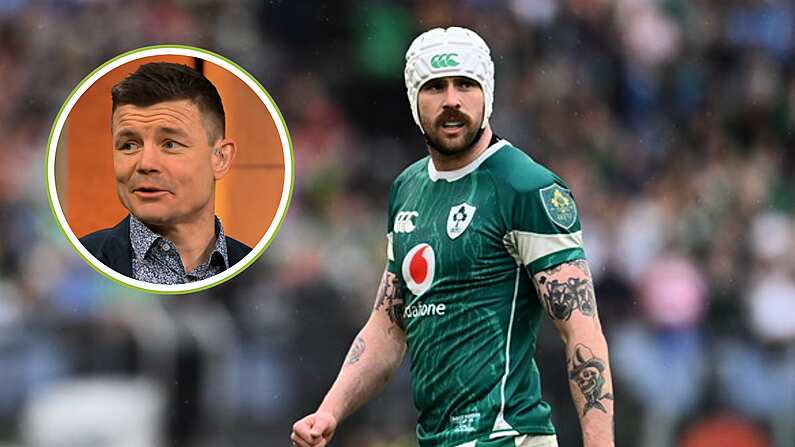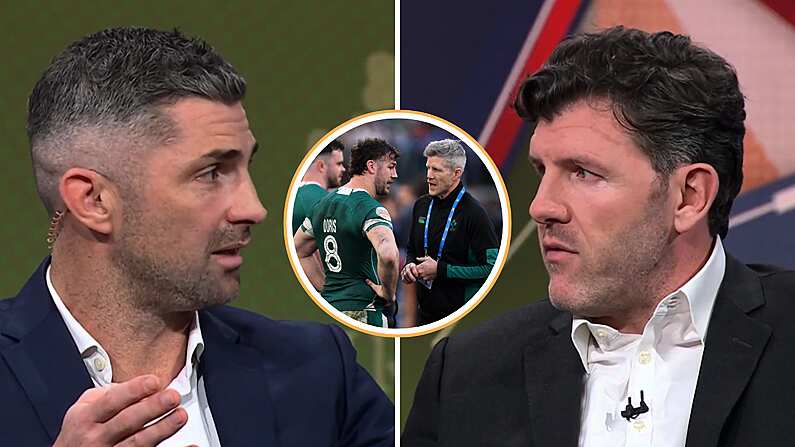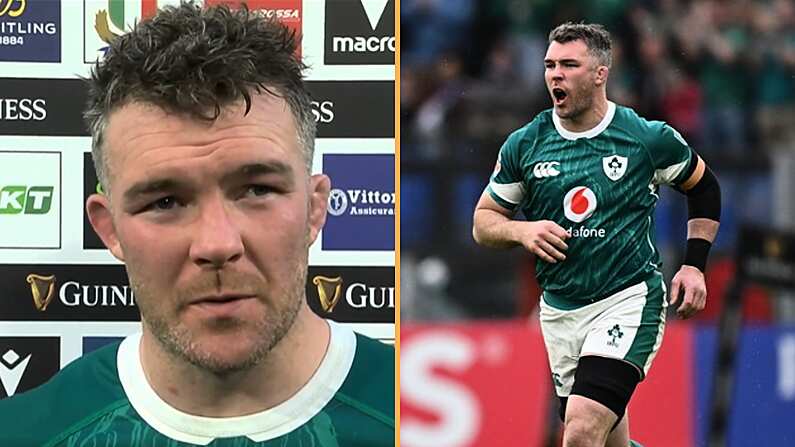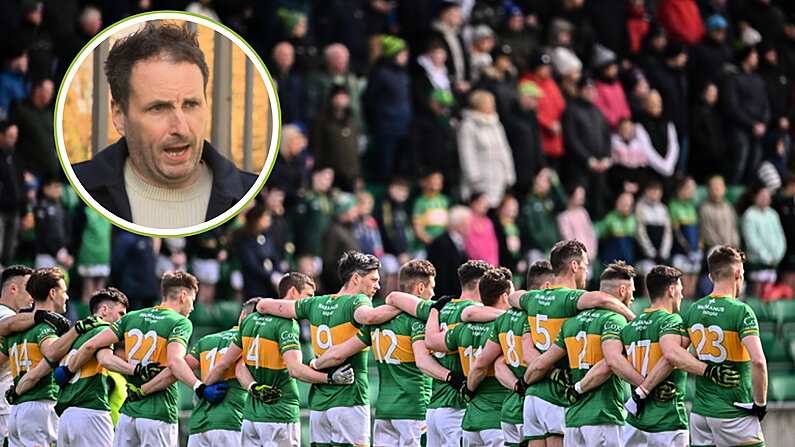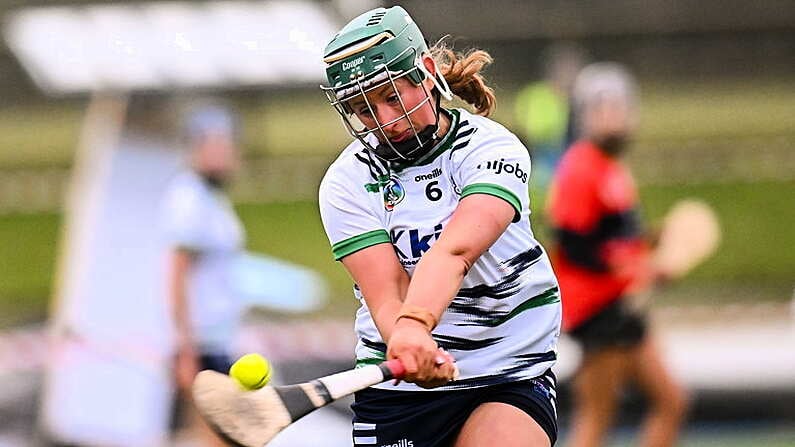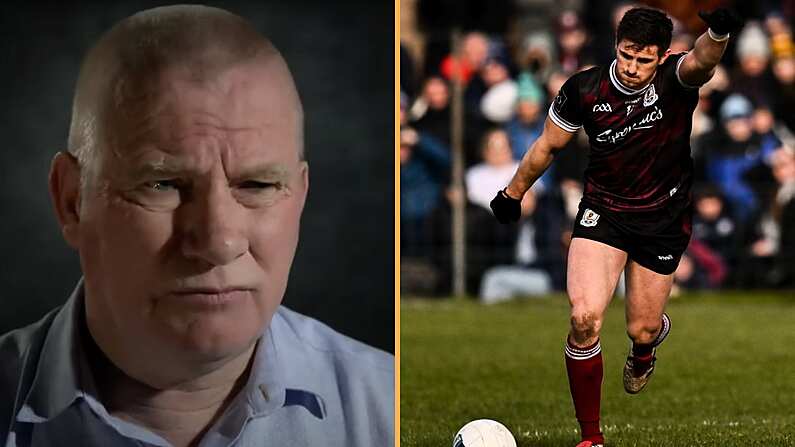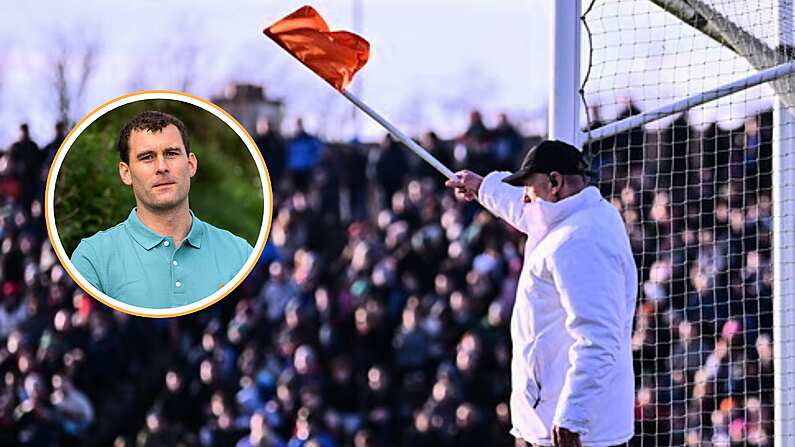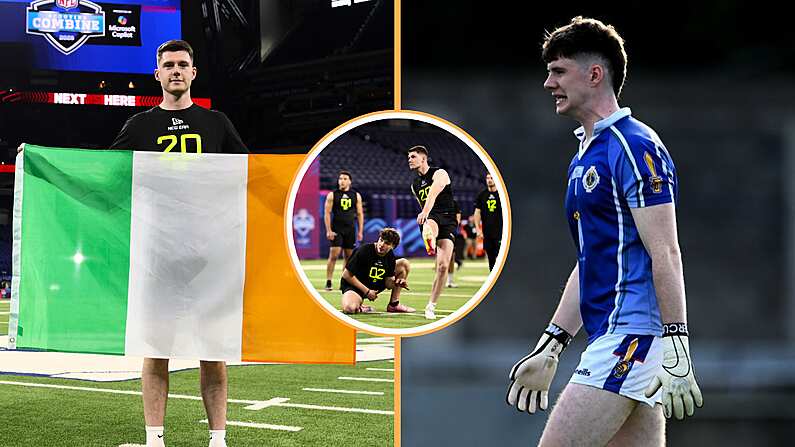Jason Sherlock feels it's too early to make any judgement on the GAA's new split season format. Though, as someone who's currently just a supporter, and not involved with any teams, he does notice the absence of the inter-county game right now.
"I kind of see it from a few different perspectives and like all changes, they’re brought in for a reason," says Sherlock, speaking at the launch of the Sport Ireland Workout What Works for You campaign.
"At the moment, from a supporter perspective, it feels like it’s a bit of a wrong thing to do, and rightly so. I was watching sport [on Sunday], the Grand Prix, the golf and the rugby and I’m not watching inter-county GAA. I had flicked on Ballygunner and Mount Sion but there is a deficit there from a supporters’ perspective, and that’s really important.
"The GAA is also an association, and how they progress and probably more importantly [consider] the players – inter-county players and also club players.... it's important to factor in everyone’s perspective to try and come up with the best solution.
"It will probably be unfair now in September, when we used to have the All-Ireland final to say it’s terrible, I think we have to step back and reflect on it.
"I’m sure if you asked players, either county or club players, or if you asked the association I'm sure they have strong opinions.
"Hopefully there will be a process where we can reflect on it because I can see both sides of the coin. But certainly as a spectator with a supporter’s hat, I am missing it at this time of the year."
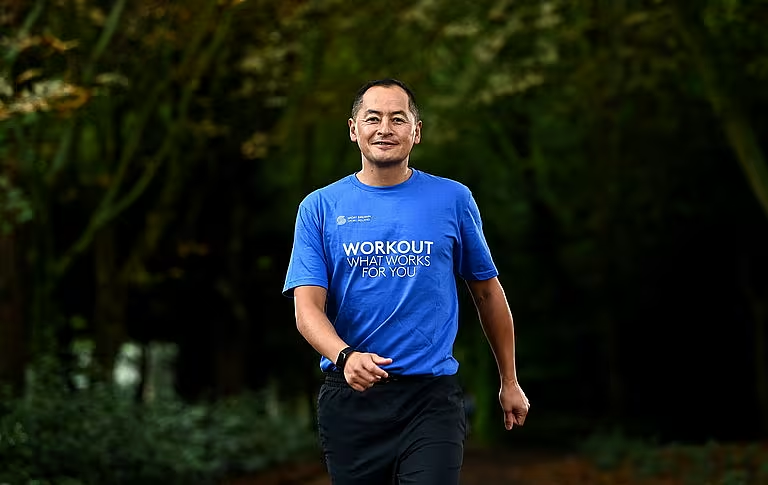
12 September 2022; Former Dublin GAA star, Jason Sherlock in attendance at the launch of Sport Ireland 'Workout What Works for You' campaign at Albert College Park in Dublin. This campaign is supporting men over 45 to be more active and increase their daily physical activity. For tips, go to sportireland.ie/workout. Photo by David Fitzgerald/Sportsfile
Sherlock was a coach under Jim Gavin for Dublin's five consecutive All-Ireland title victories between 2015 and 2019. He believes the "challenge with a shorter season is the preparation".
"It's very hard to prepare, particularly going from a semi-final into a final," he said.
"Obviously, physically and mentally, it almost takes a week before the players recover from what they've done. Then, you have to focus your attention on another team. So you have to prepare for them. Then you obviously have to prepare for yourself.
"You take Derry as an example. Going into that Galway match, it's easy to say in hindsight that they should have had a plan B, and should have played attacking football, but when you have such a limited window, there's only so much you can work on.
"The reality is if guys are together three or four times a week, that's as much as you have. You don't have time like a professional where you can cover everything.
"From a coaching point of view, I'd prefer the longer season because you have more time to ensure that you have all your players, a full compliment, because you'll obviously have injuries. Then, tactically, you can prepare against what you're going to compete against but also then you can work out what's the best team for a given day."

